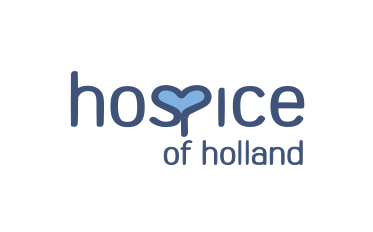Project Description
Symptom management in palliative care works to provide care to seriously ill patients. Primary care and specialty physicians work with palliative care providers to effectively help the patient and their family manage the symptoms of illness, including helping them to cope with and understand the illness trajectory and navigate complex medical decision-making. Palliative care is focused on providing patients with relief from the symptoms, pain, and stress of a serious illness – whatever the diagnosis or prognosis.
Palliative care is appropriate at any stage in a serious illness and can be provided together with curative treatment. Common symptoms treated include:
Anxiety
Depression
Difficulty sleeping
Fatigue
Nausea
Pain
Shortness of breath
And other disease-specific conditions
Treatment methods are based on a traditional care model that assesses the patient’s condition, determines what factors may be contributing to the symptoms, and addresses them with evidence-based interventions and treatment guidelines.
In addition to medications, such interventions may include those that address psychosocial and spiritual needs, too. For example, anxiety is a common symptom that many patients with severe illness experience. While anti-anxiety medications are helpful, a patient may also benefit from interventions such as guided imagery, therapeutic breathing, and counseling support.


